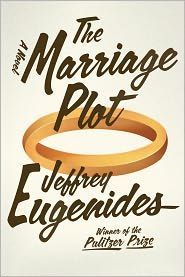
Reviews
★@ysabel
Arie P@ariesweets
Alex @alex_lit_posting
Patrick Book@patrickb
Eli Alvah Huckabee@elijah
K K@kristinak2509
kaitlan@kaitlanbui
Irene Alegre@irenealegre
Amy Vicknair@ammee411
Finn Salter@finnsalter
Cindy Lieberman@chicindy
Jess Madson@jessmadson
Melody Izard@mizard
Tracey O’Rourke@simiavus
Summer Stanley@sgs
Abby Hoggatt@abbyhoggatt
Allyson Marrs@ajmarrs
Catarina@aoutrahermione
Anna Pinto@ladyars
g.m.@genie_m
Francisca Rubio Wenk@fedessister
Konrad Lischka@klischka
Samantha Plakun@samanthaplakun
Helen Bright@lemonista
Highlights
★@ysabel
★@ysabel
★@ysabel
★@ysabel
Arie P@ariesweets
Page 136
Arie P@ariesweets
Page 95
Arie P@ariesweets
Page 161
★@ysabel
★@ysabel
N@smaragdinemondegreen
Page 213
N@smaragdinemondegreen
Page 49